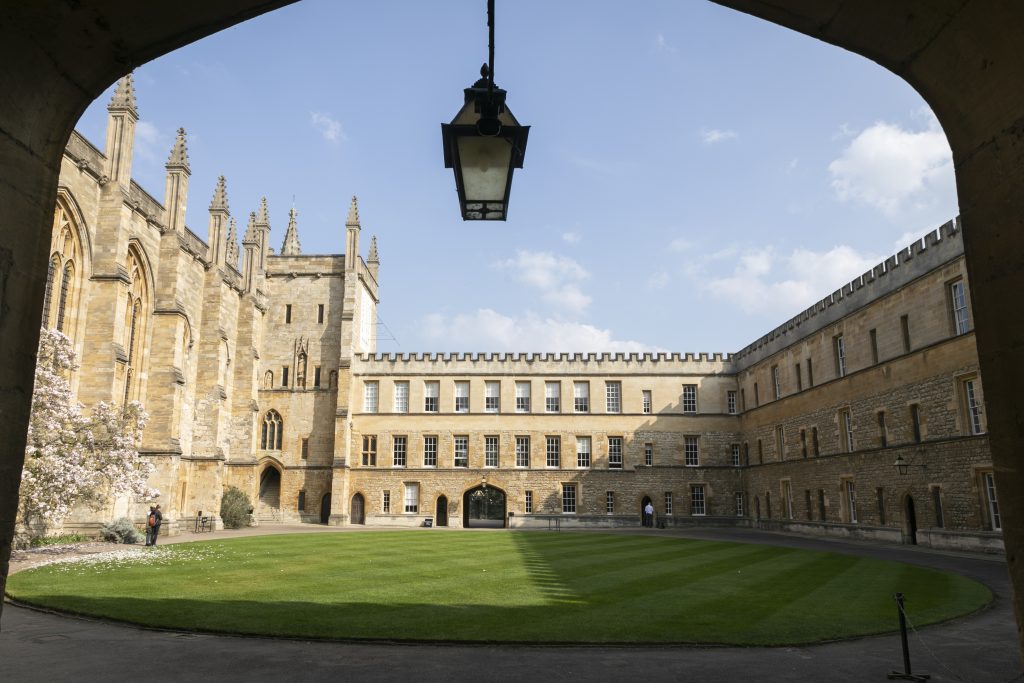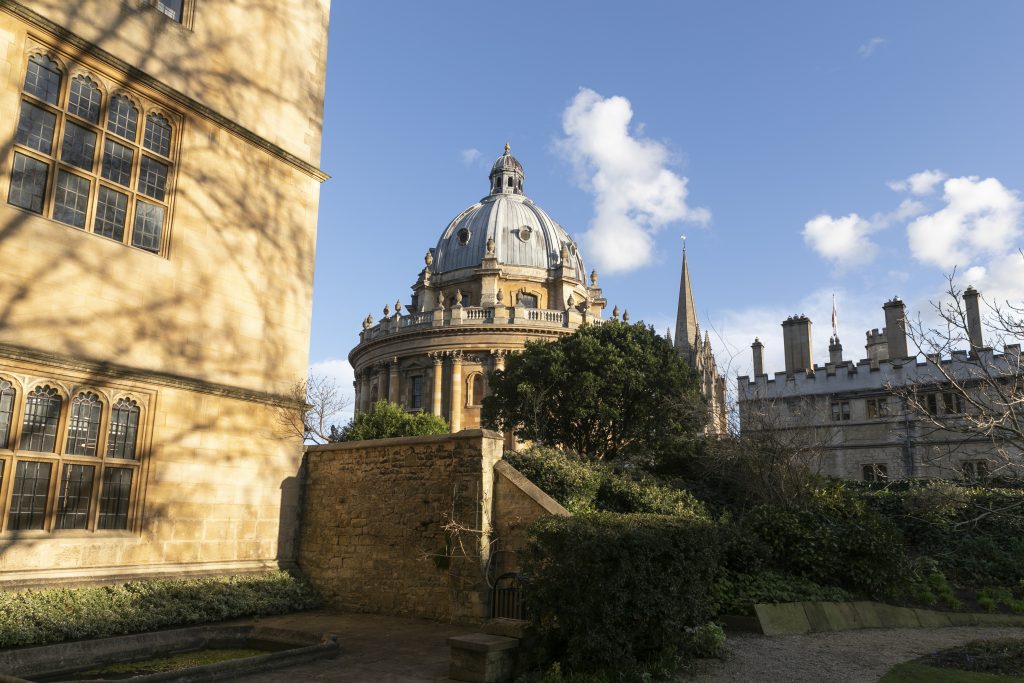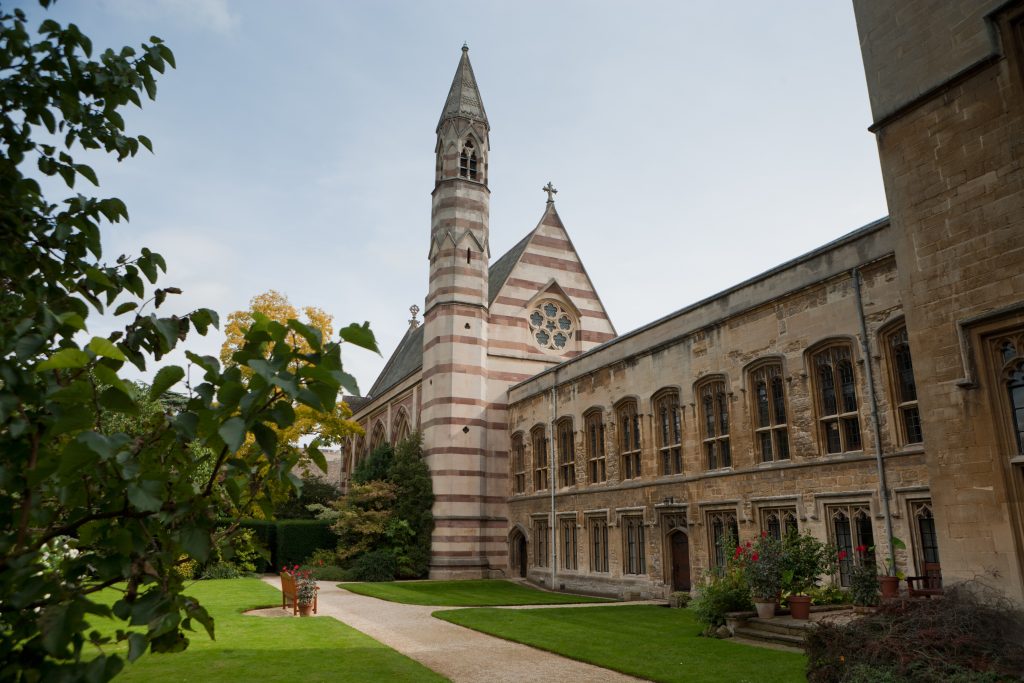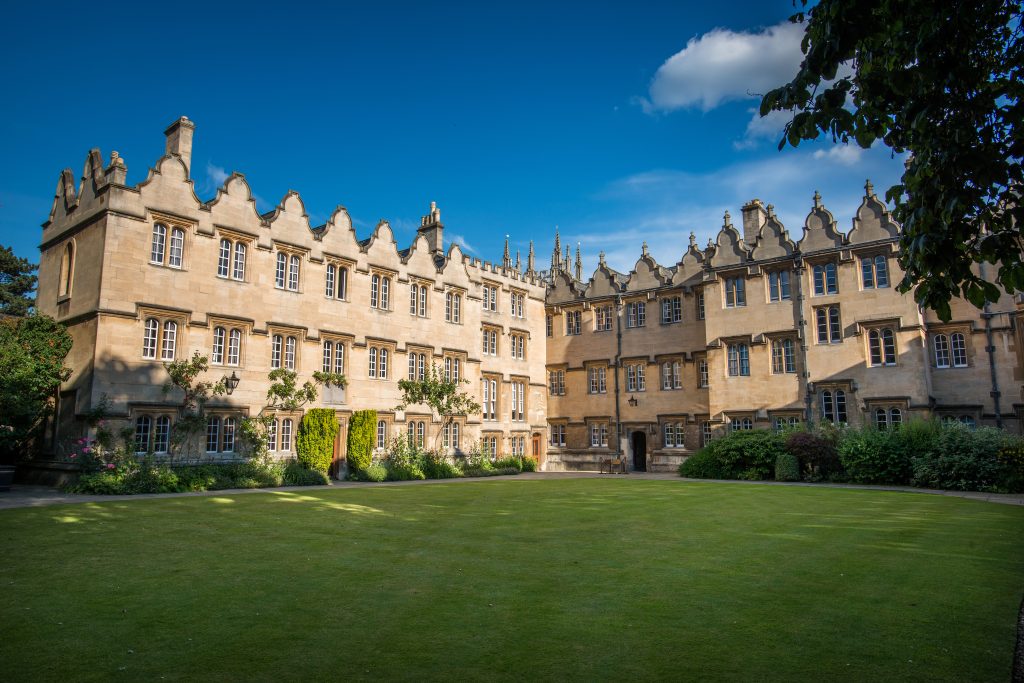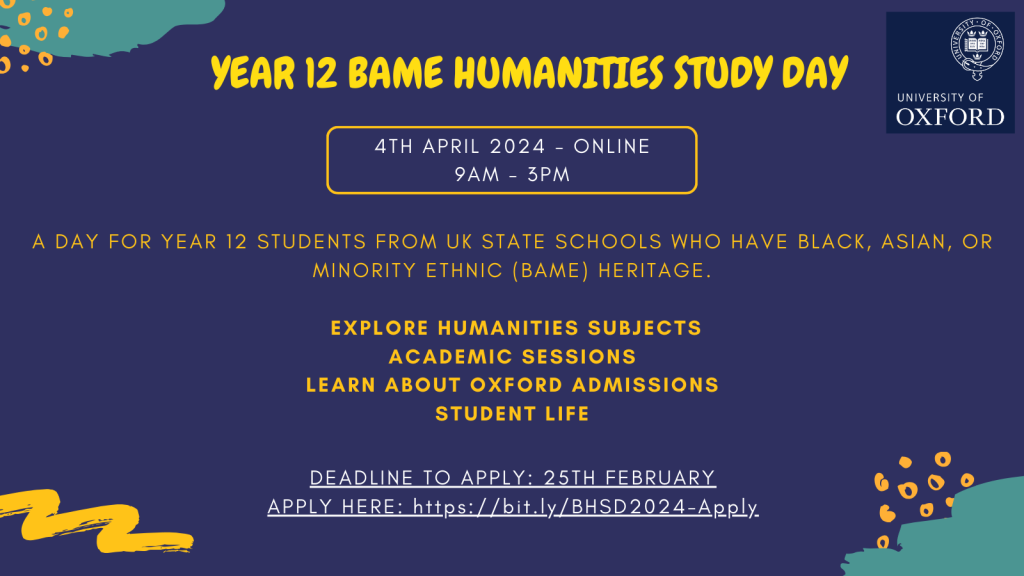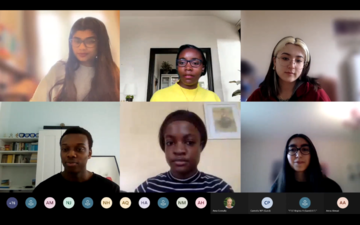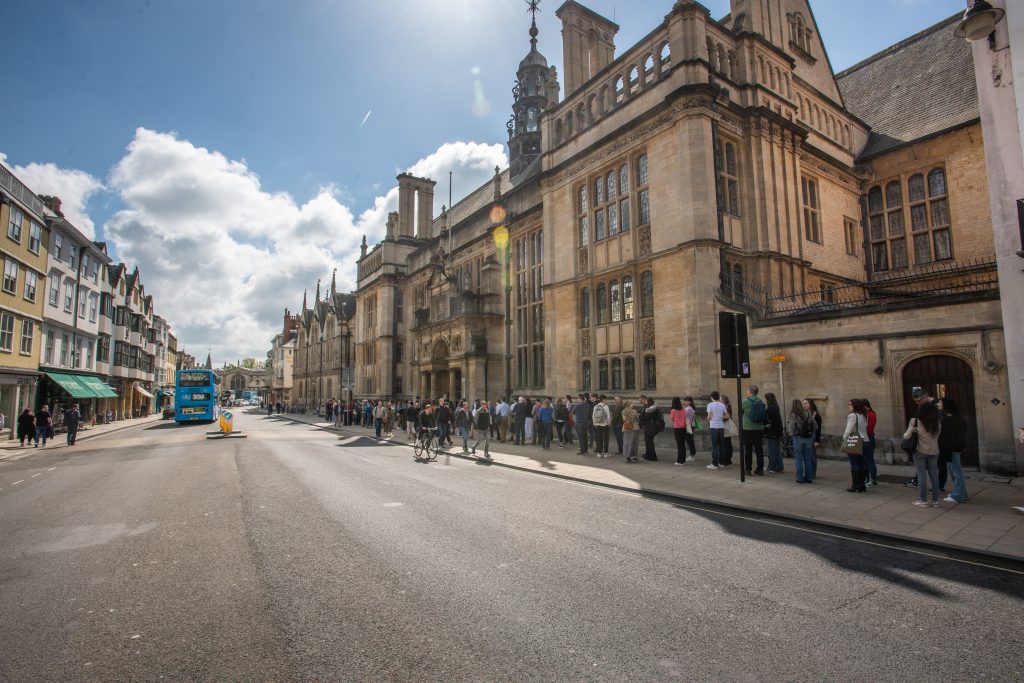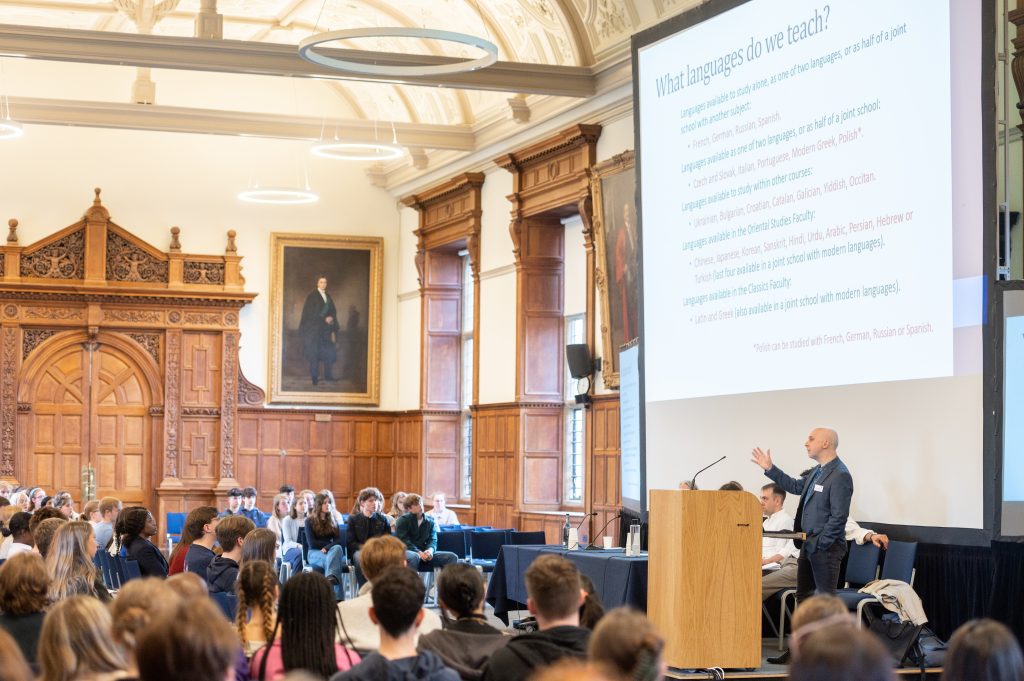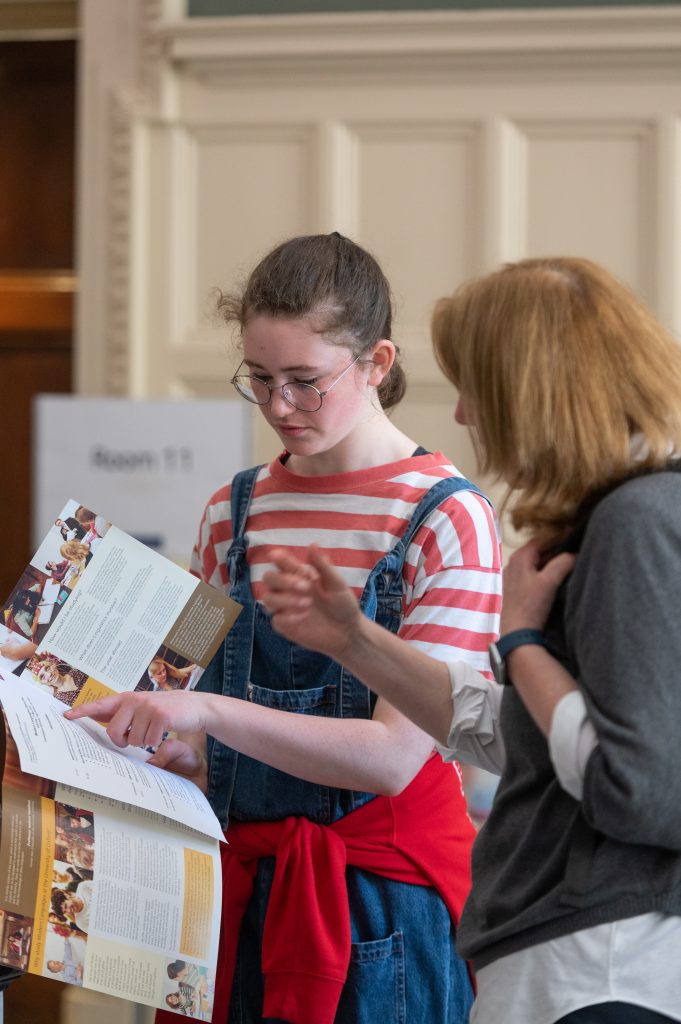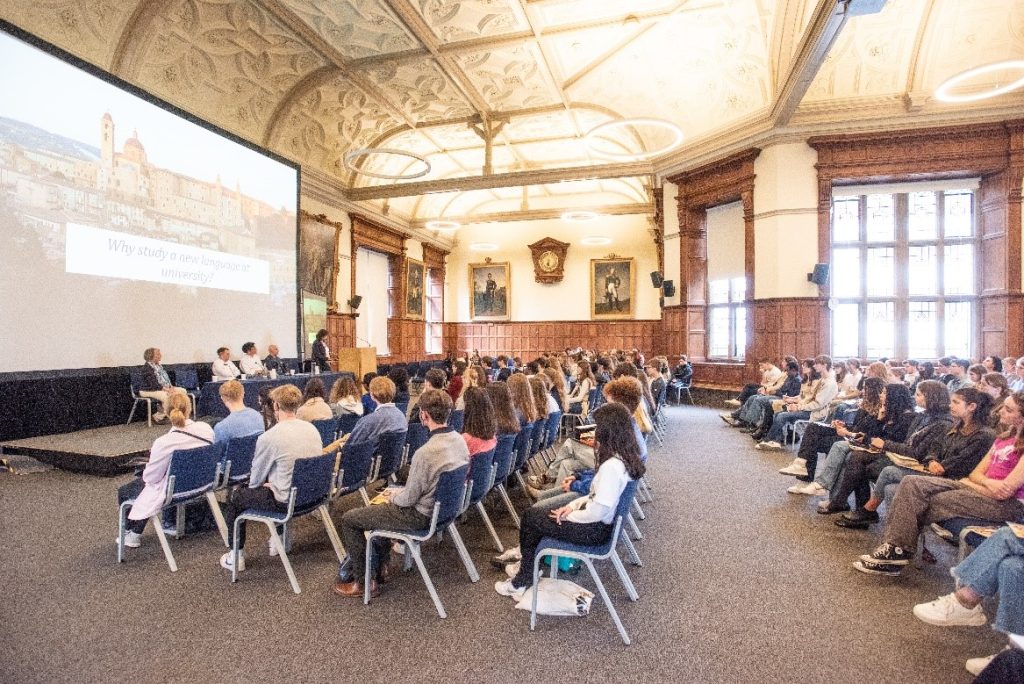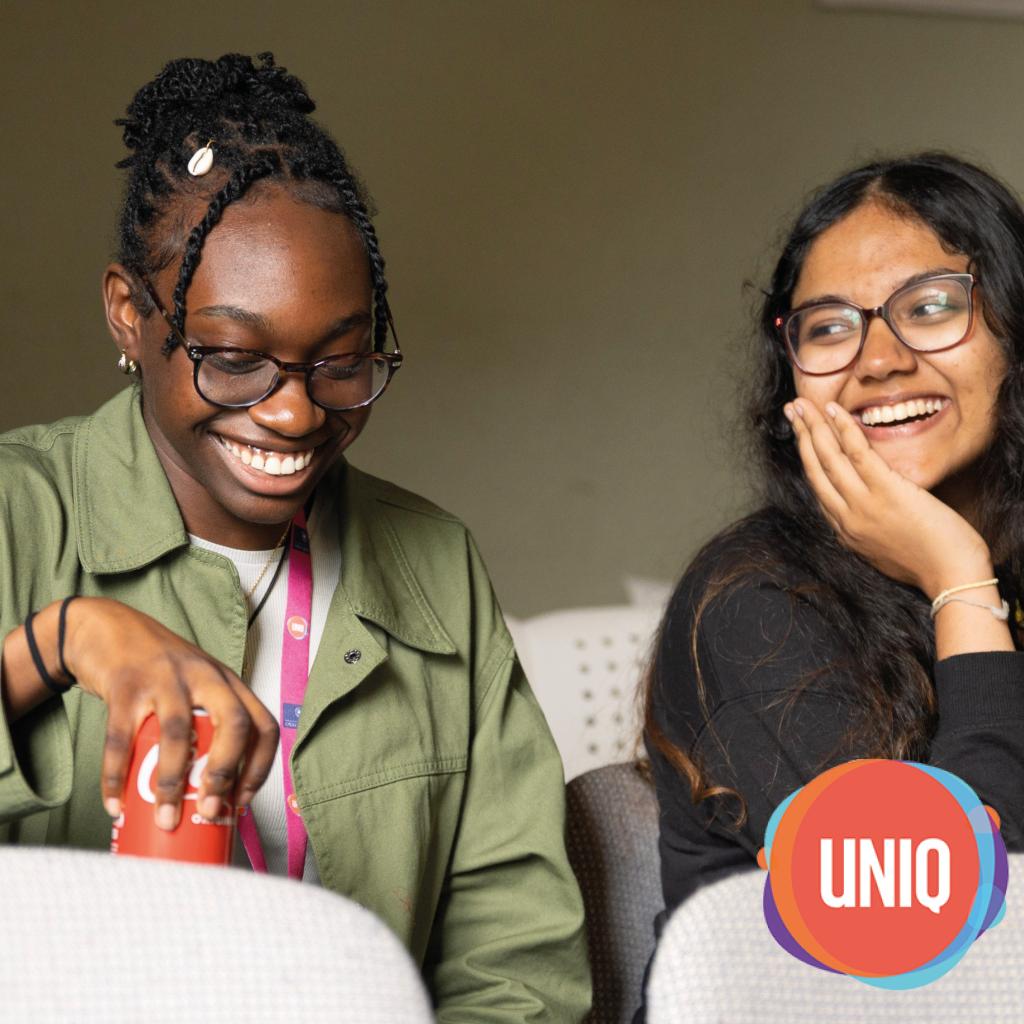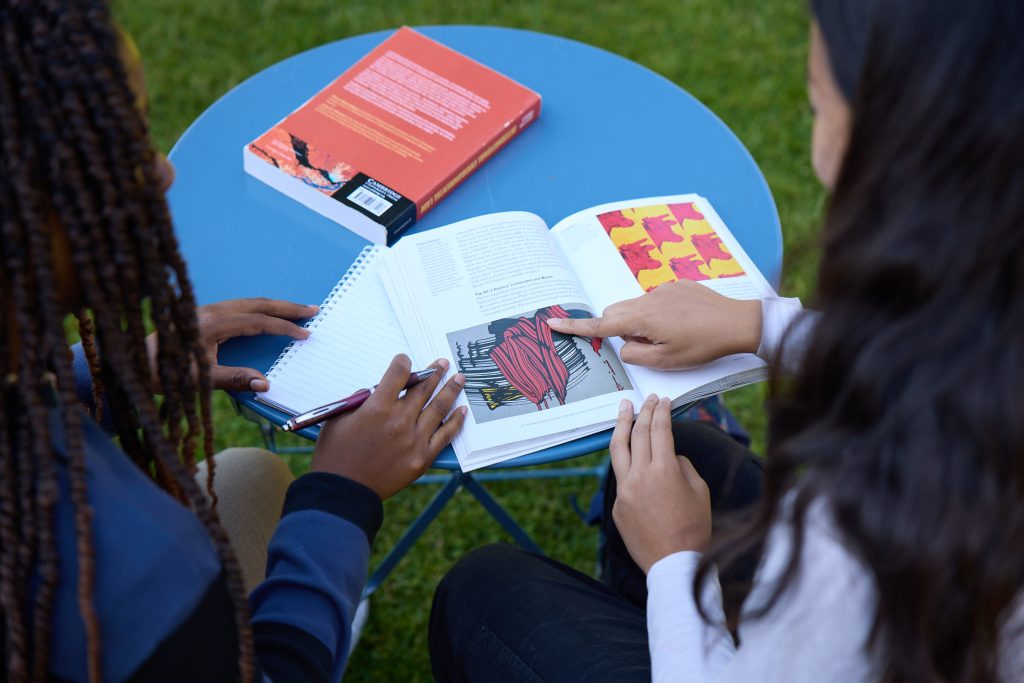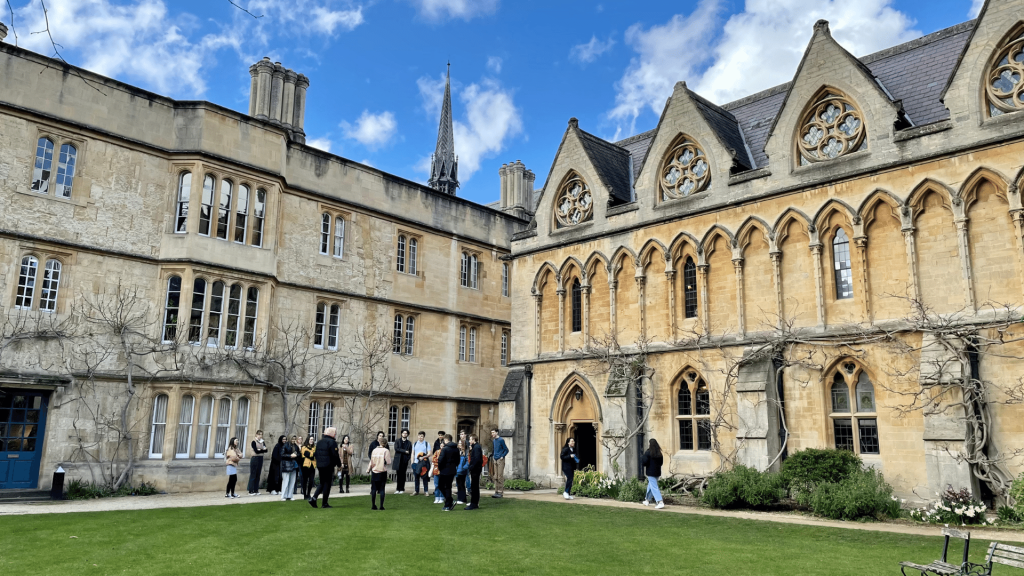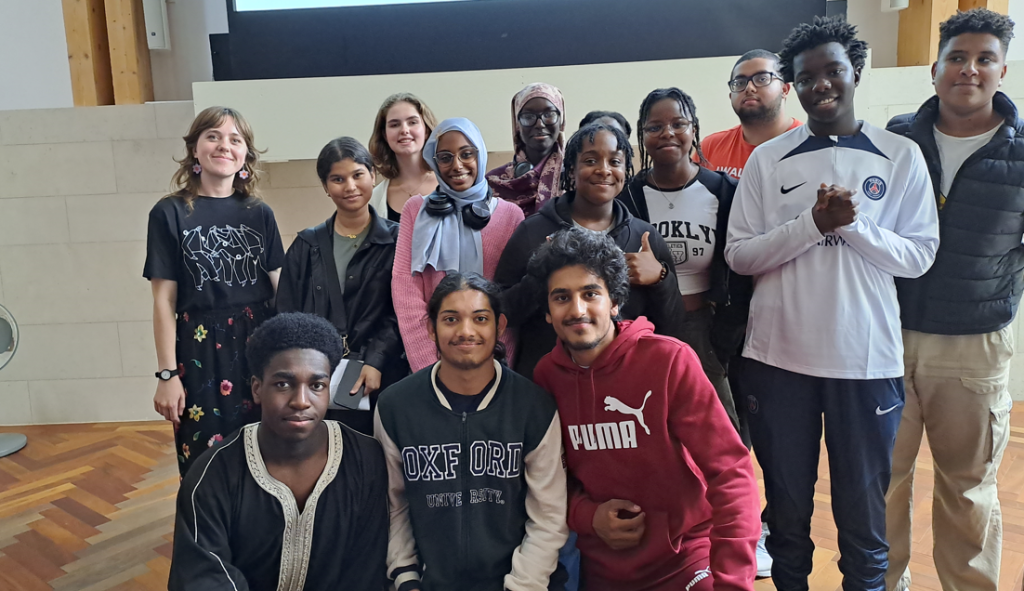Applications are now open for Wadham College‘s annual five-day Modern Languages Summer School. The residential will take place at the college, based in the centre of Oxford, from 19th to 23rd August 2024.
Summer schools are designed to give UK pupils studying in Year 12 a taste of what it’s like to be an undergraduate studying at the University of Oxford. Pupils will take part in an academic programme, live in College, meet student ambassadors studying at Oxford, and receive information, advice and guidance on applying to university. Wadham’s Summer Schools are free and the college will provide financial support to pupils to cover their travel costs.
We’re delighted to be able to run these events in-person allowing participants the best experience of life at the university. The feedback from last year’s Summer Schools was hugely positive with over a third of participants subsequently securing offers to study at the university.
“After the summer school I am much more confident that I would fit in at Oxford and feel like I am more ready to move away from home”
Summer School participant, 2022
For Modern Languages more specifically, pupils will engage in a seminar series led by Wadham’s language tutors, including language classes in their selected language of study (French, German or Spanish) with opportunities to try other languages as beginners (including German, Portuguese and Russian). Students will complete an assignment on a main topic with feedback from tutors. Pupils will also be able to receive support from current undergraduates and from the College on making successful applications to top universities.
For more information and to apply, click here: Wadham College Summer Schools. Pupils should be studying French, German or Spanish at A-level or equivalent to apply. Applications close at 5pm on 3rd May.
If you have any queries, please contact access@wadham.ox.ac.uk

